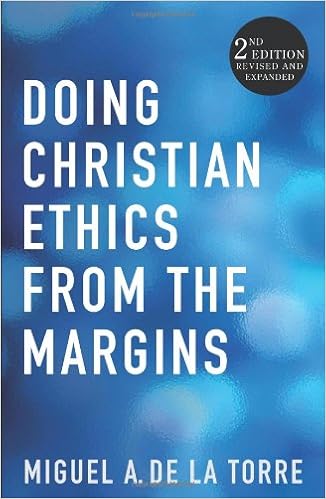Rumi is the true poet of love, bringing the spiritual
language of the ancients and the passionate desires of erotic poetry into one
being.
If anyone wants to know what "spirit" is,
or what "God’s fragrance" means,
lean your head toward him or her.
Keep your face there close.
When someone quotes the old poetic image
about clouds gradually uncovering the moon,
slowly loosen knot by knot the strings
If anyone wonders how Jesus raised the dead,
don’t try to explain the miracle.
Intellectuals plan their repose;
lovers are ashamed to rest.
The lover is always alone.
even surrounded by people;
like water and oil, he remains apart.

We must remember that Islam is not primarily violence and
power and law. For millions of people,
Islam is love and Rumi is their spokesperson.
This is a simple truth—whatever you love, you are.
***
When the rose is gone and the garden faded
you will no longer hear the nightingale's song.
The Beloved is all; the lover just a veil.
The Beloved is living; the lover a dead thing.
If love withholds its strengthening care,
the lover is left like a bird without care,
the lover is left like a bird without wings.
How will I be awake and aware
if the light of the Beloved is absent?
Love wills that this Word be brought forth.
***
Love is the bridge between you and everything
Rumi is both Muhammad and Jesus, both strict monotheism and
an ethic of compassion.
O Love, You who have been called by a thousand names,
You who know how to pour the wine
into the chalice of the body,
You who give culture to a thousand cultures,
You who are faceless but have a thousand faces
Rumi is what fundamentalism—whether of Islam or those
opposed to Islam—cannot understand. The
narrow-minded cannot understand the poet.
But without poetry, the law-giver, the scientist cannot seek truth.
Those who don't feel this Love
pulling them like a river,
those who don't drink dawn
like a cup of spring water
or take in sunset like supper,
those who don't want to change,
let them sleep.
This Love is beyond the study of theology,
that old trickery and hypocrisy.
I you want to improve your mind that way,
sleep on.
***
In this earth
In this soil
In this pure field
Let’s not plant any seed
Other than seeds
Of compassion and love.
***
A lifetime without Love is of no account
























